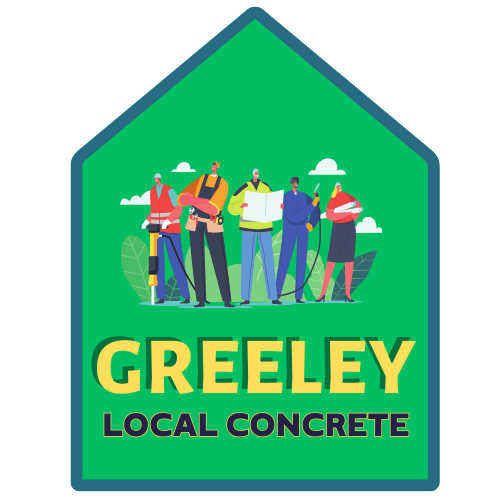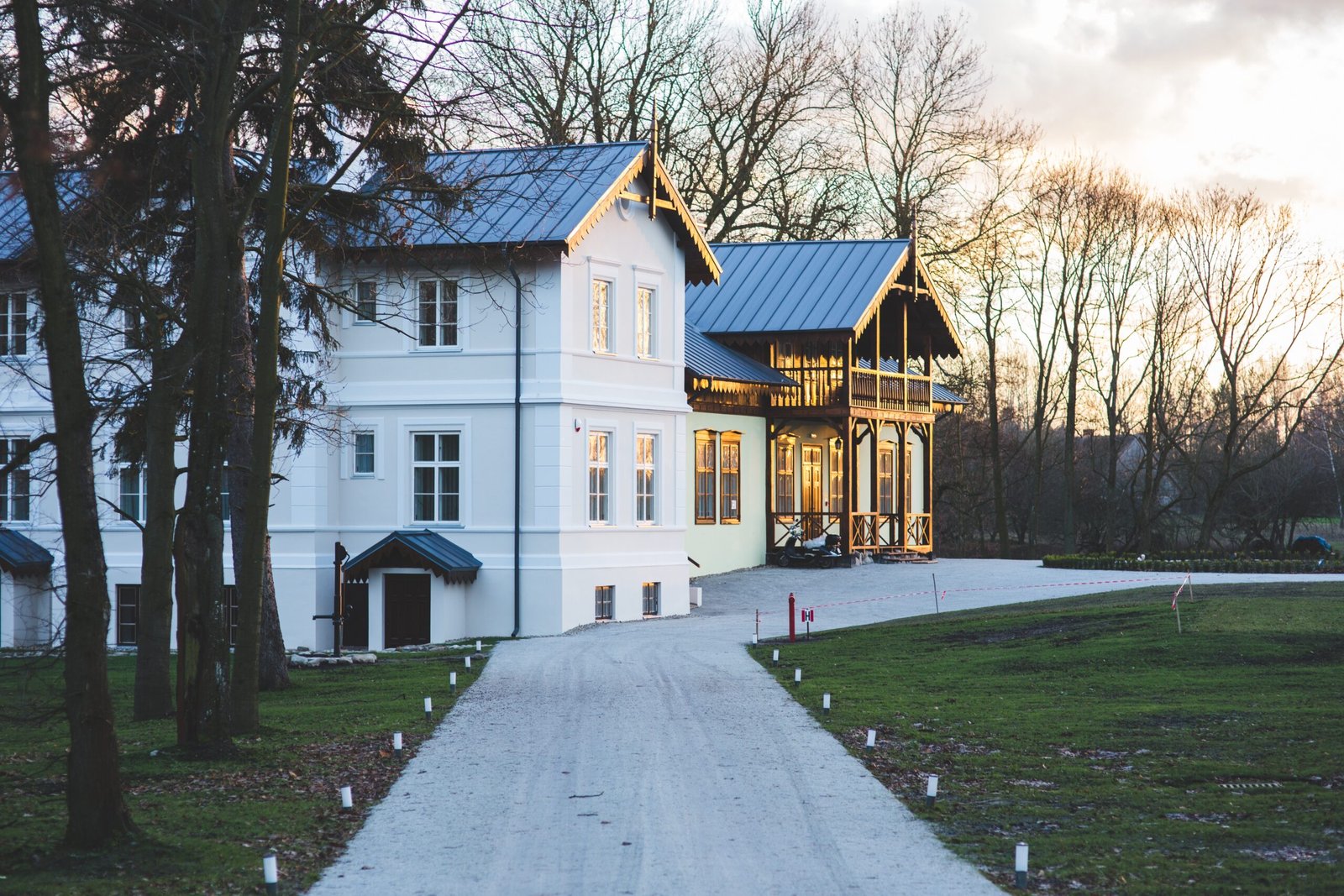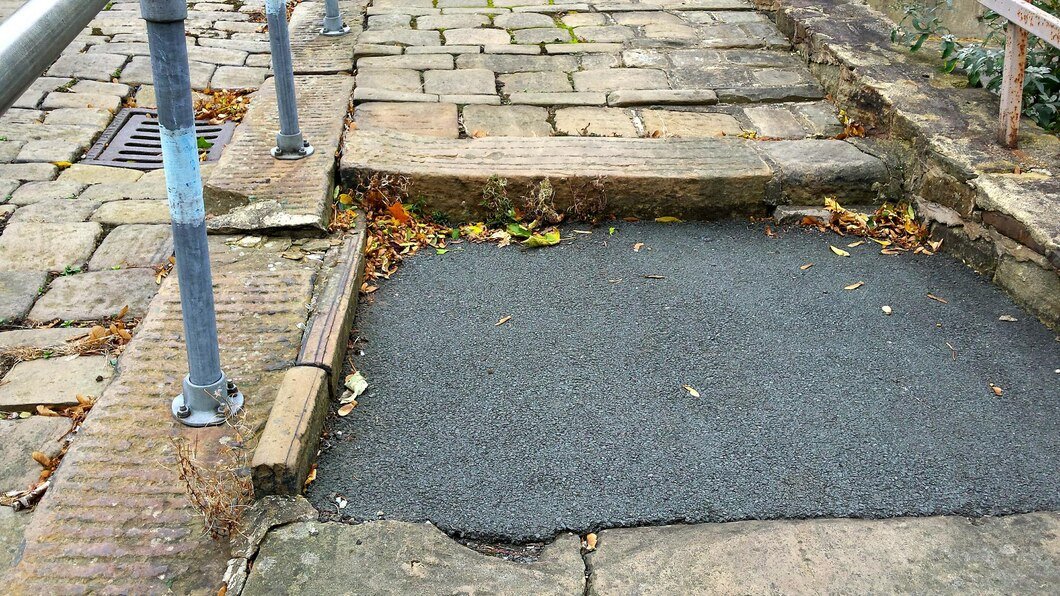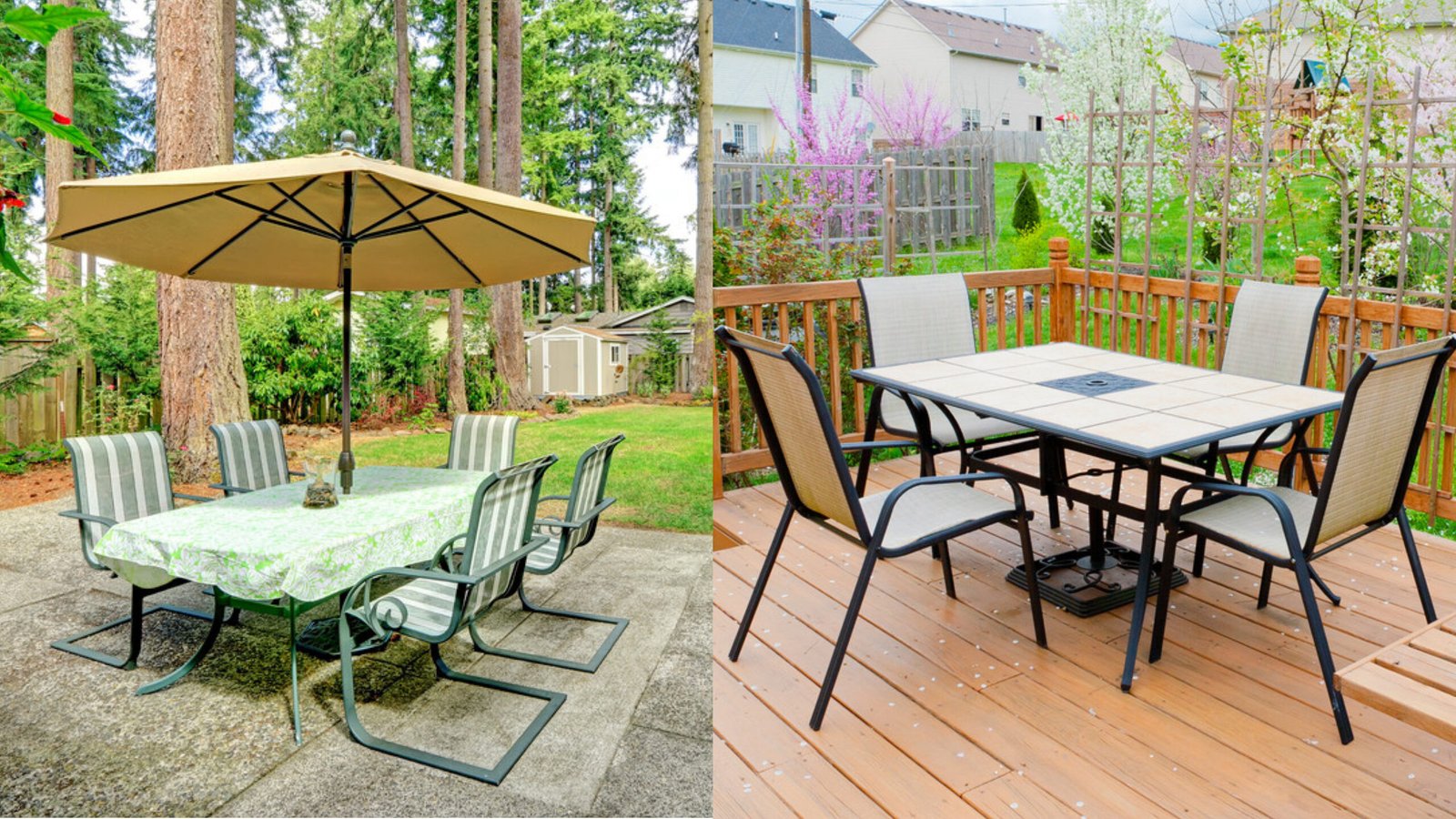When it comes to selecting a driveway material, concrete and asphalt are two of the most popular options for both commercial and residential properties. Each material has its own set of advantages and disadvantages that are worth considering before making a decision. This article will explore the key differences between concrete and asphalt driveways, including their durability, maintenance, cost, and aesthetic appeal. We’ll also summarize the pros and cons in a table and provide a price comparison to help you make an informed choice.
Concrete Driveways
Advantages
- Durability: Concrete driveways can last up to 30 years or more if properly maintained. They are highly resistant to wear and tear, making them ideal for heavy traffic areas.
- Low Maintenance: Once installed, concrete driveways require minimal maintenance. Occasional sealing and cleaning are usually sufficient to keep them in good shape.
- Aesthetic Appeal: Concrete offers a variety of finishes and colors, allowing for more customization options. It can be stamped, colored, or textured to match the surrounding landscape.
- Heat Resistance: Concrete tends to stay cooler in hot weather compared to asphalt, making it a more comfortable surface to walk on during summer.
Disadvantages
- Cost: The initial cost of installing a concrete driveway is higher than asphalt. This can be a significant factor for budget-conscious homeowners or businesses.
- Installation Time: Concrete takes longer to install and cure. This means that you won’t be able to use your driveway for several days after installation.
- Cracking: Concrete is more prone to cracking, especially in regions with extreme temperature fluctuations. Repairing concrete can also be more complicated and costly.
- Winter Maintenance: Concrete can be damaged by de-icing chemicals, and snow removal can be more challenging compared to asphalt.
Asphalt Driveways
Advantages
- Cost: Asphalt driveways are generally less expensive to install compared to concrete. This makes them a popular choice for budget-conscious projects.
- Installation Time: Asphalt can be installed and ready for use much faster than concrete. This quick turnaround can be beneficial for both residential and commercial properties.
- Flexibility: Asphalt’s flexibility makes it less prone to cracking. It can withstand temperature changes and minor ground movements better than concrete.
- Ease of Repair: Repairs for asphalt driveways are usually simpler and less expensive. Potholes and cracks can be easily filled and sealed.
Disadvantages
- Maintenance: Asphalt driveways require more frequent maintenance, including sealing every few years to extend their lifespan.
- Lifespan: Asphalt driveways generally have a shorter lifespan, typically lasting 15-20 years with proper maintenance.
- Heat Absorption: Asphalt absorbs more heat, making it hot to the touch during summer. This can be uncomfortable for walking and can contribute to urban heat islands.
- Aesthetic Limitations: Asphalt offers fewer customization options compared to concrete. It typically comes in a standard black color and lacks the decorative finishes available with concrete.
Pros and Cons
| Feature | Concrete Driveways | Asphalt Driveways |
|---|---|---|
| Durability | Long-lasting (up to 30+ years) | Moderate lifespan (15-20 years) |
| Maintenance | Low maintenance | Requires regular sealing and repairs |
| Cost | Higher initial cost | Lower initial cost |
| Installation | Longer installation and curing time | Quick installation and readiness |
| Cracking | More prone to cracking | Less prone to cracking |
| Heat Resistance | Stays cooler in hot weather | Absorbs more heat |
| Aesthetic Options | Variety of finishes and colors | Limited aesthetic options |
| Winter Maintenance | Can be damaged by de-icing chemicals | Generally easier snow removal |
Price Comparison
| Driveway Type | Initial Cost (per sq. ft.) | Maintenance Cost (per year) |
|---|---|---|
| Concrete | $6 – $10 | $0.25 – $0.50 |
| Asphalt | $3 – $5 | $0.10 – $0.30 |
Conclusion
Choosing between concrete and asphalt for your driveway depends on various factors, including budget, desired aesthetics, maintenance willingness, and climate considerations. Concrete offers durability and a range of design options at a higher initial cost, while asphalt provides a cost-effective, quicker installation with easier repairs but requires more regular maintenance. By weighing the pros and cons and considering the price comparison, you can select the material that best fits your needs for both residential and commercial applications.
About Us
Greeley Local Concrete was founded in 2005 in Greeley, Colorado. With over almost 20 years of experience in the concrete industry, we have become the most trusted name for all of your commercial and residential concrete needs in northern Colorado. We take pride in providing the true value in form of high quality services in the local area of Greeley and surroundings. Our team of expert concrete craftsmen are renowned for their attention to detail, ensuring every project meets our high standards. We place great importance on exceptional customer service and strong relationships within the community we have called home for generations. Contact us today to discuss your next concrete project.



